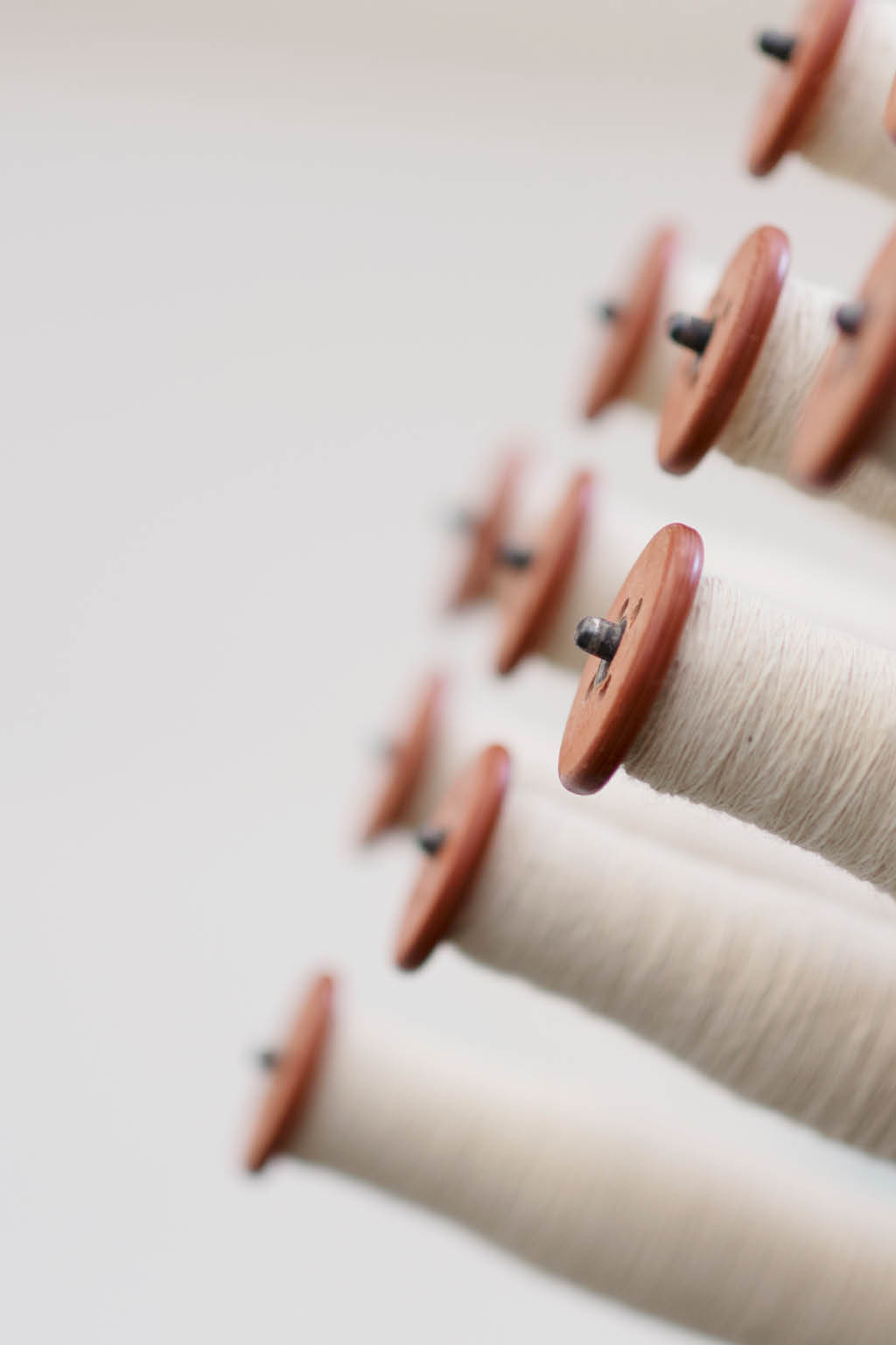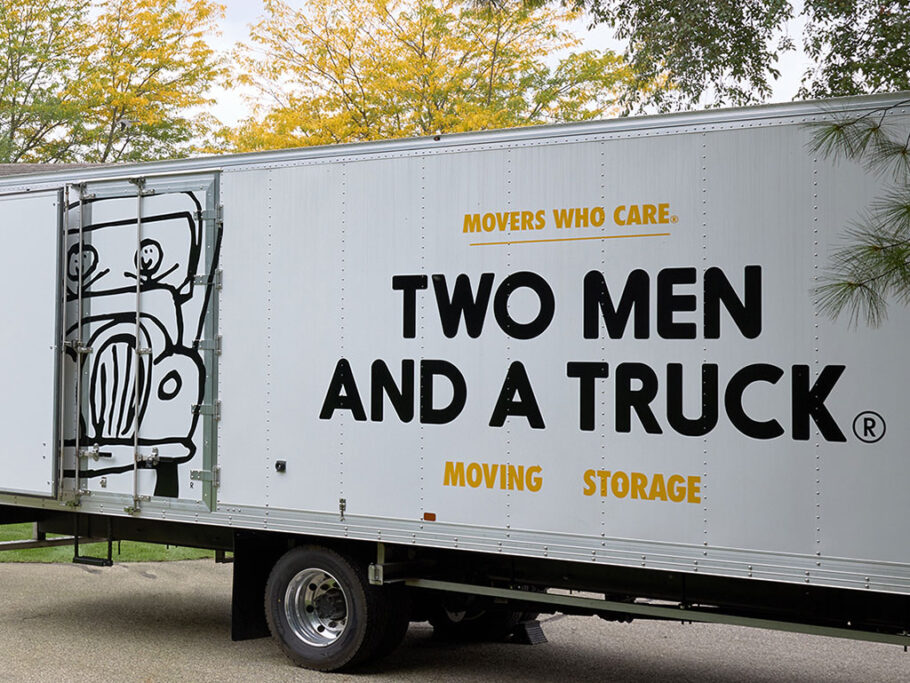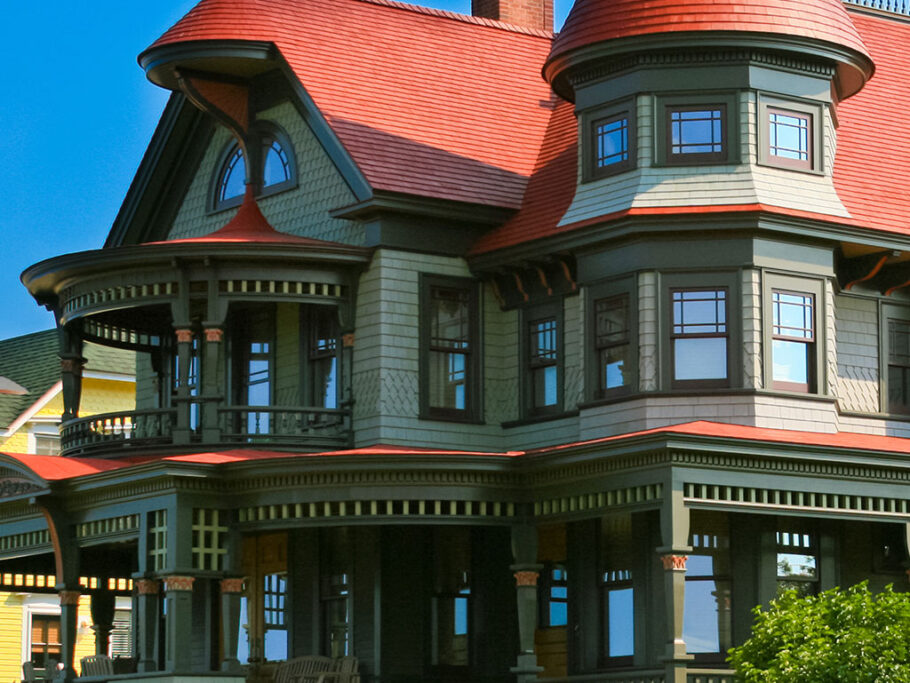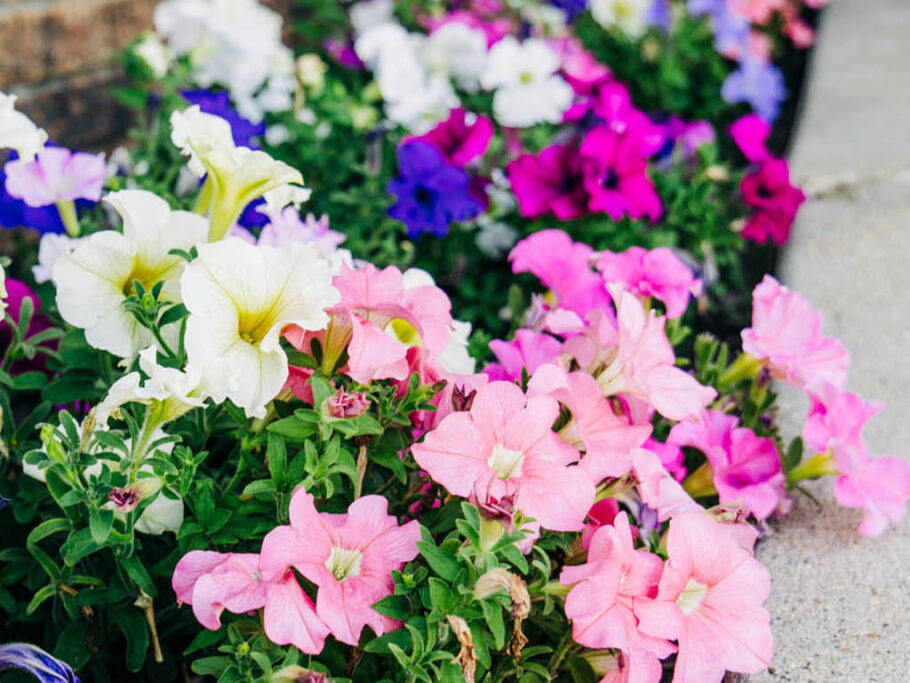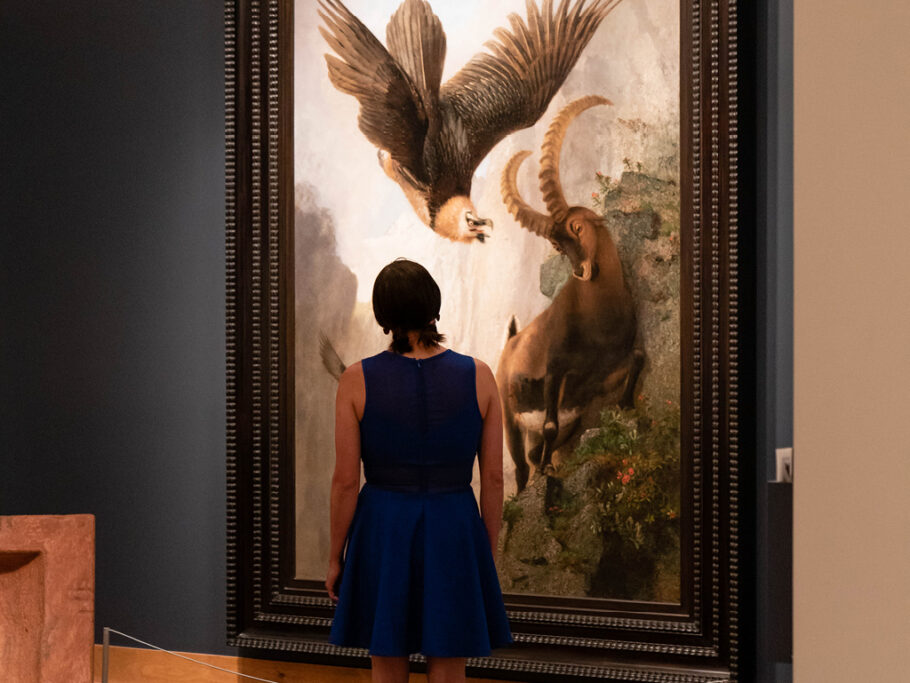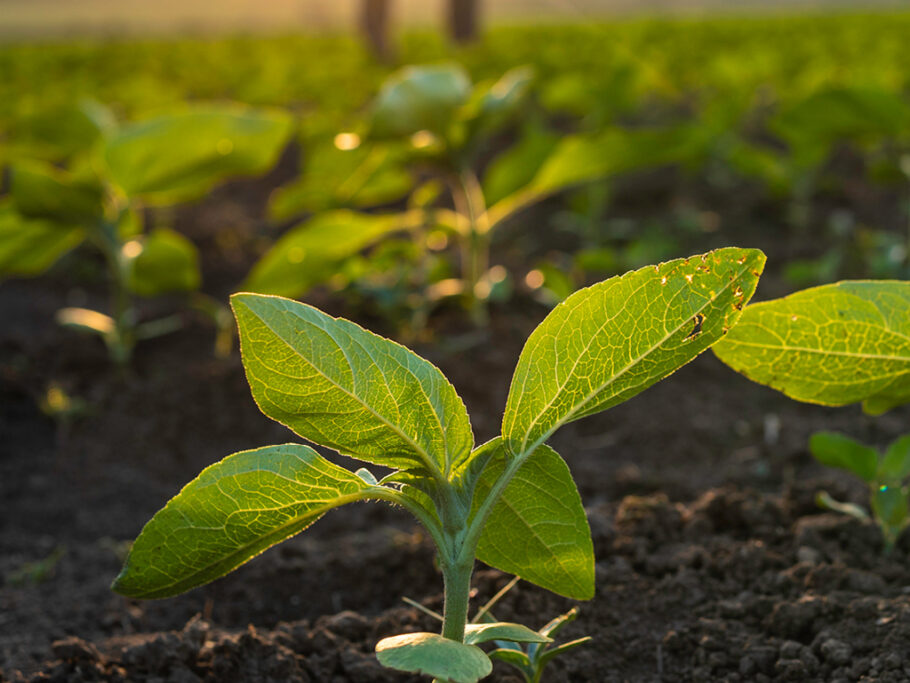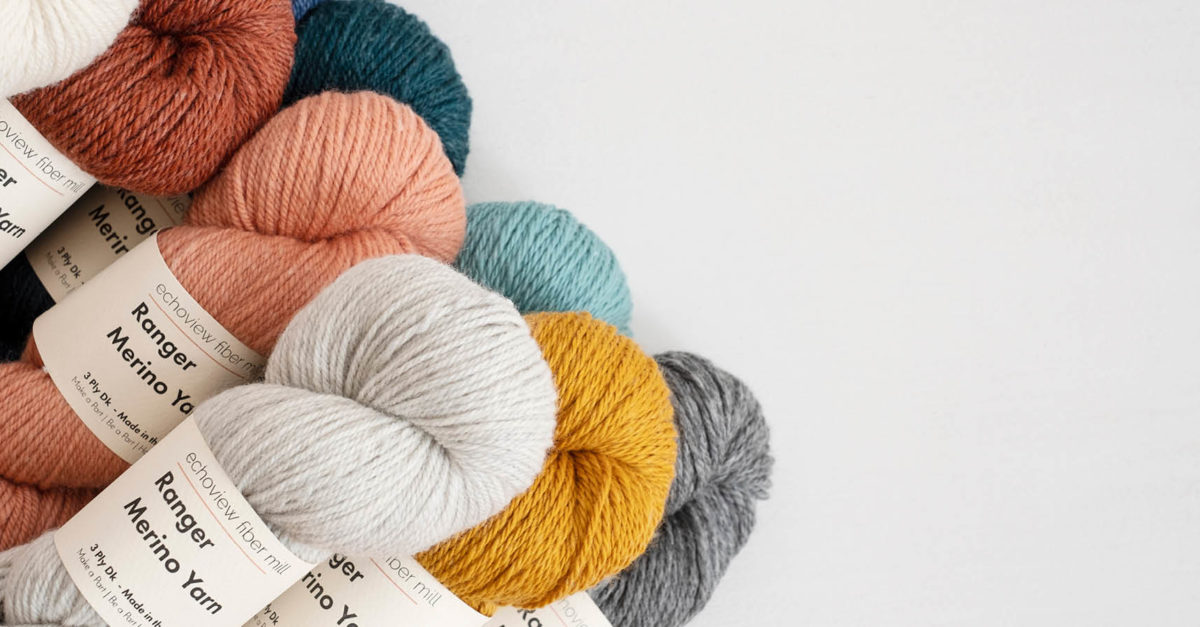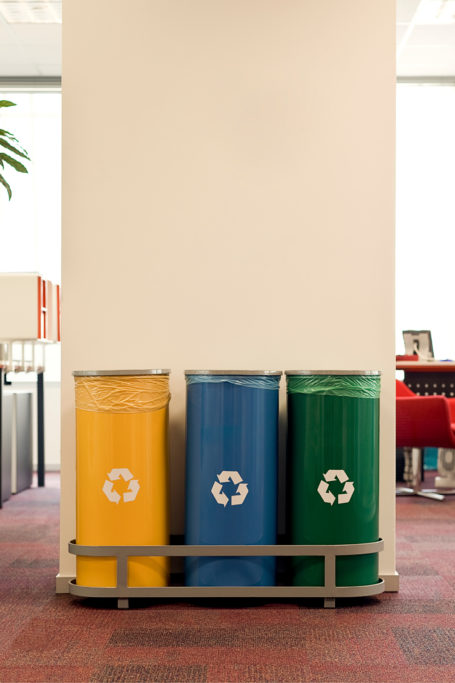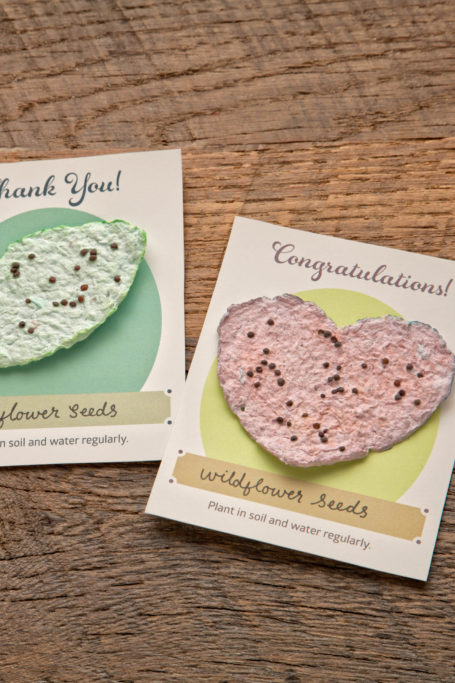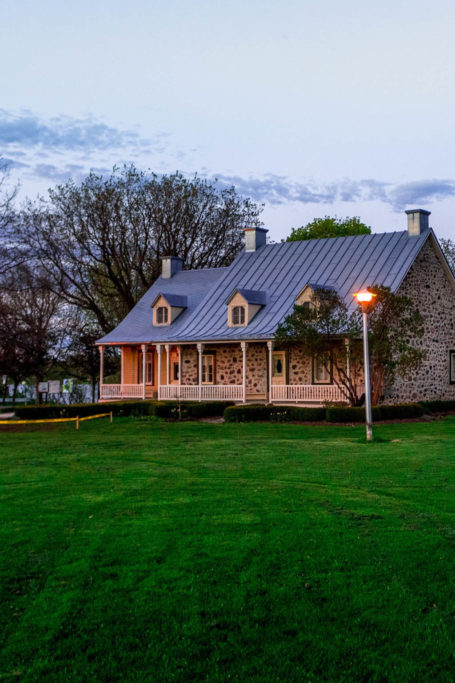Messages From The Mill
When you wrap yourself in a warm blanket, slip into a sweater, or tie a scarf around your neck, you might not think about how it was made. But as the idea of sustainability gains momentum and more people become interested in where their clothes come from, places like the Echoview Fiber Mill in Weaverville, North Carolina, are excited to shed light on the production process—giving new perspective into how wool garments are made through community engagement and transparency.
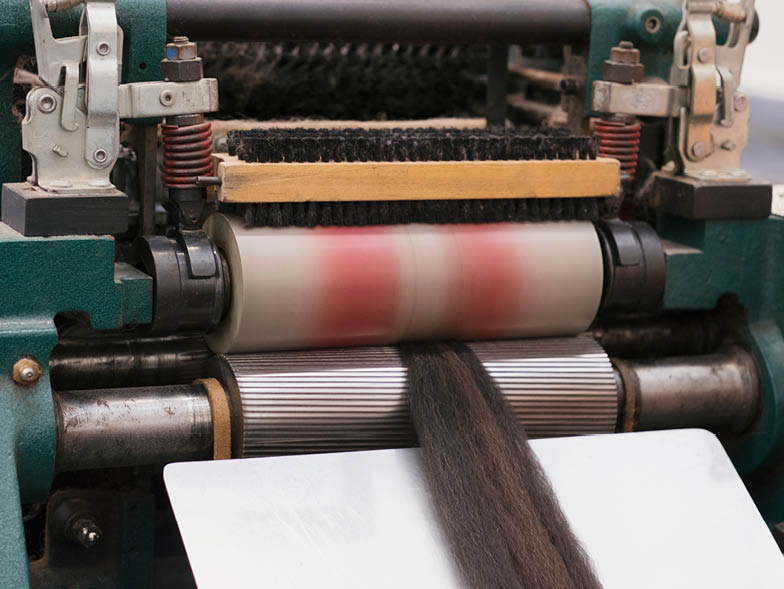
The Heart of Homegrown
Echoview is part of a long-standing history of wool production in western North Carolina. Its location, just fifteen minutes outside of Asheville, makes it the perfect home base for bringing textiles into the twenty-first century. It also allows the company’s founder, Julie Jensen, and her team the opportunity to weave the area’s traditions and history into everything Echoview does.
Jensen fell in love with Weaverville’s natural beauty and sense of tradition more than a decade ago and decided to open Echoview Farm in 2005. The farm originally served as a place for Jensen to raise traditional fiber animals like alpacas and to cultivate regional crops. Eventually, she decided to open a mill that could support her own fiber production as well as the needs of community farmers and craftspeople.
“Echoview began as a place for farmers to come and bring their wool to be processed,” says Yoko Morris, a textile artist at Echoview. “North Carolina used to be hugely important for textile manufacturing. When Julie started Echoview, the tradition was still here, but there was something missing. We still buy wool from local farmers, but instead of only processing it and giving it back to them, we now buy some to make our own products with as well.”
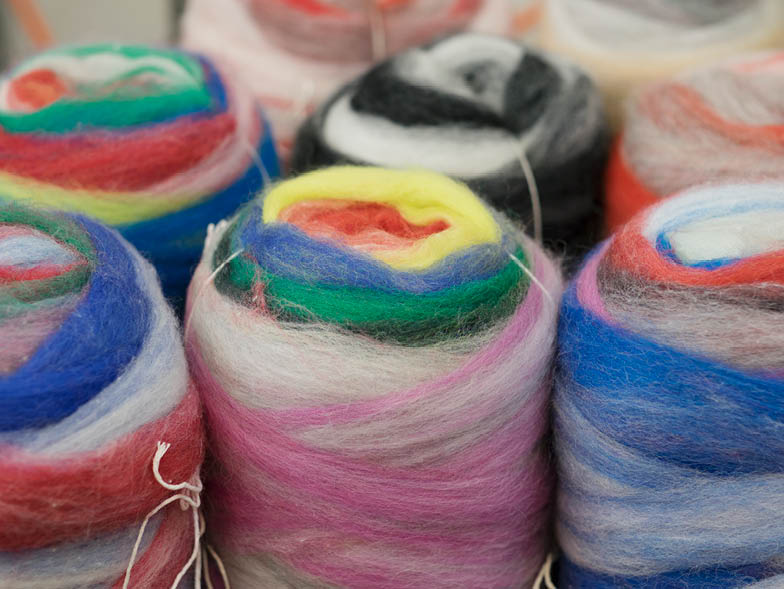
With proper care for animals and sustainability at the forefront of both the farm and the mill, Morris says the quality of the wool is unparalleled. Echoview only focuses on partnerships with farmers and organizations who adhere to the same standards to ensure the highest quality in all its products. Once the fibers are collected, either from the animals at Echoview or an outside farm, its entire lifecycle—from cleaning and processing to the final product—is completed in-house.
The tradition and expertise of the farmers and craftspeople living in the area have played a large role in the designs and even the color choices Echoview makes. Its offerings have quickly expanded to include things like botanically dyed hats, baby blankets, and teapot warmers, and its catalog proves virtually anything can be made sustainably and mindfully by the hands of gifted artisans.
Aside from handmade clothing and home goods, Echoview also sells its handspun yarns, crafting tools, and natural dyes so that people can create their own items. They’ve kept the operation relatively small—with only about a dozen employees—to maintain a sense of community and personal touch. Employees handle everything from processing the wool and dyeing it to hand-weaving each product. “We have five people on the mill floor who work extremely hard every day and who do it with a lot of love,” says Morris. “It can be a very tedious, manual-labor job, but they’re brilliant and we’re so proud of the work they’ve done.”
Many of the design choices you see in Echoview’s products are the brainchild of its small team of artists. Morris says one of the most important aspects of the operation is giving employees the freedom to express themselves and create from the heart, which results in better-quality products for the consumer. “The happiness and creativity of our staff are really important to Julie as an owner, and we’ve learned just how important it is to encourage initiative and personal expression among employees,” she expresses.
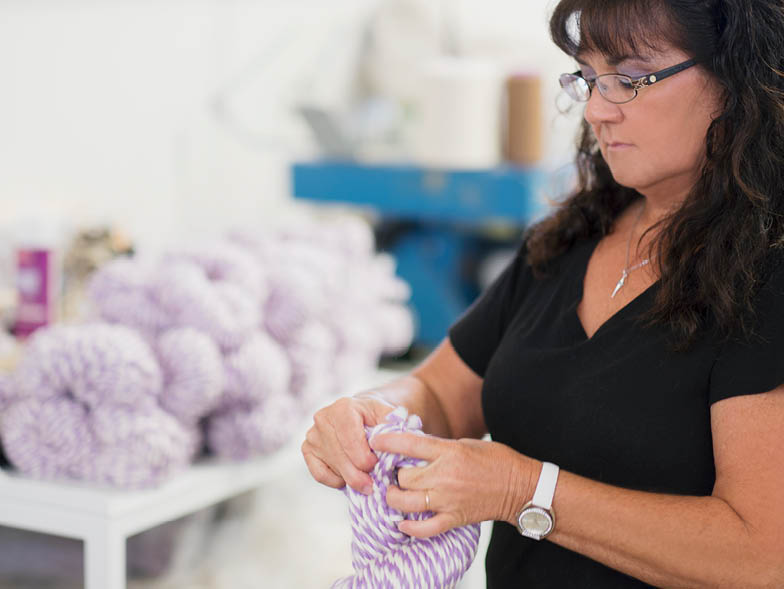
Crafting a Community
Echoview’s mission of creativity and sustainability extends into the community through its workshops and events that appeal not only to experienced craftspeople but also to those who have never picked up a needle and thread. Preserving these art forms is the goal, and making them more accessible and hands-on helps engage people that might not be interested otherwise.
Examples of some of the classes Echoview offers include beginner-level knitting and weaving, which can be performed on a simple loom, as well as natural dye classes. According to Morris, one of the most popular classes to start with is weaving because students can make a beautiful rug in under six hours using just two types of yarn.
Echoview also hosts a free, biweekly craft night for community members to share their work. These events are as much for Echoview employees as they are for attendees. “The artists in our community have been a huge source of inspiration and information for us,” says Morris. “They understand that we’re here to help them but also that we wouldn’t be here without them.”
Recently, the company has taken its vision far outside of Weaverville, joining a growing global community through the lecture series CreativeMornings. Morris and other Echoview team members meet in downtown Asheville once a month with a large group of locals and also online once a month with artists from various cities. This online network allows like-minded individuals to gather and share ideas—giving the Echoview team the opportunity to showcase its mission on the global stage.

Small Acts With Big Impact
Community impact and environmental impact go hand in hand, according to the company. Since its inception, Echoview has worked to create a culture of environmentally friendly practices that have, in many ways, set the gold standard for the industry. There is a lot of emphasis on creating as little an environmental footprint as possible—not only from a business standpoint but also within the structure of the mill itself.
Textile manufacturing is one of the biggest causes of pollution in the world, with 20 percent of freshwater contamination coming from textile treatment and dyeing. In order to combat this problem, Echoview composts or recycles yarn and clothing scraps to reuse in new yarn and operates a gray-water system, which uses rainwater to wash the wool. It also hosts mending workshops to encourage people to fix or find new uses for damaged clothing instead of throwing it away.
All of these efforts to create a highly sustainable building have even earned the mill a Leadership in Energy and Environmental Design (LEED) gold certification level from the United States Green Building Council. It was the first mill in the US to earn this certification. Morris says that the mill—built to look like a traditional western North Carolina barn—blends in with its environment so well that some people don’t even notice it’s there, which is exactly how they like it.
Jensen’s vision for Echoview has culminated in a beautiful blend of tradition and modernity, preservation and progression, which has made it one of the most exciting fiber mills not only in America but also around the world. As Morris says, being ahead of the curve and watching the textile industry follow in their footsteps is just icing on the cake. “Everyone who works here lives and breathes this,” she says. “It’s amazing to watch what we really want to see in this world start to happen and knowing we can come to a place not because it’s on trend or to make money, but because it’s what we deeply value.”
For more info, visit echoviewnc.com
